Oncological surgery, also known as cancer surgery, is a critical component of cancer treatment that plays a pivotal role in the diagnosis, staging, and removal of tumors. Surgical intervention is often the primary treatment for many cancer types, offering a curative option for localized disease and a valuable tool for palliation in advanced cases. Its primary objectives include:
- Tumor Removal: The surgical excision of cancerous tumors from the body, with the goal of complete removal or debulking to reduce tumor size.
- Staging: The precise determination of the cancer's extent, including the size of the primary tumor, lymph node involvement, and the presence of distant metastases.
- Biopsy: The removal of a tissue sample for pathological examination to confirm the presence of cancer, identify its type, and guide treatment decisions.
- Palliation: In advanced or metastatic cases, surgical procedures may be performed to relieve symptoms, control bleeding, or prevent complications.
- Reconstruction: Following tumor removal, reconstructive surgery may be necessary to restore form and function, particularly in cases involving the breast, head and neck, or extremities.
Types of Oncological Surgery
Oncological surgery encompasses various types and approaches, depending on the tumor's location, size, stage, and other factors:
- Curative Surgery: This type of surgery aims to completely remove the cancerous tumor, offering the potential for a cure. It is commonly employed for early-stage cancers that are confined to a specific organ or tissue.
- Debulking Surgery: In cases where complete tumor removal may not be feasible due to tumor size or location, debulking surgery is performed to reduce the tumor's size, alleviate symptoms, and enhance the effectiveness of subsequent treatments like chemotherapy or radiation therapy.
- Palliative Surgery: Palliative surgery is employed to alleviate cancer-related symptoms and improve the patient's quality of life, rather than aiming for a cure. It may involve procedures to relieve pain, reduce obstructions, or manage bleeding.
- Diagnostic Surgery: Diagnostic surgery includes procedures such as biopsy or fine-needle aspiration, which are performed to obtain tissue samples for pathological examination and determine the nature of a suspected tumor.
- Prophylactic Surgery: In individuals at high risk of developing certain types of cancer due to genetic predisposition, prophylactic surgery may be recommended to remove at-risk tissues or organs before cancer can develop. For example, prophylactic mastectomy in BRCA mutation carriers to prevent breast cancer.
Principles and Techniques of Oncological Surgery
Oncological surgery adheres to several fundamental principles and techniques to ensure the best possible outcomes:
- Margin Assessment: Surgeons aim to achieve clear, cancer-free margins around the tumor during resection to reduce the risk of recurrence.
- Lymph Node Evaluation: Lymph nodes in the vicinity of the tumor are often examined for the presence of cancer cells, as lymph node involvement can impact staging and treatment decisions.
- Minimization of Trauma: Minimally invasive techniques, such as laparoscopy or robotic surgery, are increasingly used to reduce surgical trauma, minimize scarring, and facilitate quicker recovery.
- Functional Preservation: Whenever possible, surgeons aim to preserve organ function and maintain the patient's quality of life. This is especially crucial in procedures involving vital structures like the bladder, rectum, or reproductive organs.
- Reconstruction: In cases where surgical removal affects appearance or function, reconstructive techniques may be employed to restore normalcy. This includes procedures like breast reconstruction after mastectomy.
- Multidisciplinary Collaboration: Oncological surgery often involves collaboration with other specialists, including medical oncologists, radiation oncologists, pathologists, and radiologists, to ensure comprehensive cancer care.
Indications for Oncological Surgery
Oncological surgery is indicated for a wide range of cancer types and scenarios, including:
- Early-Stage Cancers: Surgery is often the primary treatment for localized cancers, such as stage I and II tumors, offering the potential for a cure.
- Tumor Staging: Surgical procedures, including lymph node dissection or sentinel lymph node biopsy, are used to determine the cancer's stage and guide treatment decisions.
- Debulking: In cases where complete tumor removal is not feasible, debulking surgery may be performed to reduce tumor burden and improve response to adjuvant therapies.
- Symptom Relief: Palliative surgery can alleviate symptoms, such as pain, bleeding, or obstruction, in advanced cancer cases to enhance the patient's quality of life.
- Biopsy Confirmation: Diagnostic surgery is performed to confirm the presence of cancer, identify its type, and provide essential information for treatment planning.
- Preventive Surgery: Prophylactic surgery is indicated in individuals at high risk of developing certain cancers, such as preventive mastectomy or prophylactic oophorectomy in BRCA mutation carriers.
Benefits of Oncological Surgery
Oncological surgery offers several advantages in the treatment of cancer:
- Curative Potential: In early-stage cancers, surgical resection can provide a curative option, potentially eliminating the disease.
- Precise Staging: Surgery helps determine the cancer's stage accurately, allowing for more tailored treatment plans.
- Symptom Relief: Palliative surgery can effectively alleviate cancer-related symptoms, improving the patient's comfort and quality of life.
- Tissue Diagnosis: Diagnostic surgery provides a definitive tissue diagnosis, confirming the presence of cancer and identifying its specific characteristics.
- Adjunct to Other Treatments: Surgery often complements other cancer treatments, such as chemotherapy, radiation therapy, and targeted therapy, enhancing overall treatment success.
- Preventive Potential: Prophylactic surgery can significantly reduce the risk of cancer development in high-risk individuals, offering a preventive strategy.
Know Your Treatment Cost
Get a cost estimate based on your condition and hospital preferences.
Challenges and Risks
Oncological surgery is not without challenges and potential risks:
- Invasiveness: Surgical procedures can be invasive, requiring incisions, tissue manipulation, and the potential for complications such as infection, bleeding, and scarring.
- Functional Impairment: Depending on the tumor's location and size, surgery may lead to functional impairment or cosmetic changes that require additional procedures or rehabilitation.
- Postoperative Recovery: Recovery from surgery can be physically and emotionally challenging, with varying degrees of pain and discomfort.
- Risk of Recurrence: Despite complete tumor removal, there is always a risk of cancer recurrence, necessitating ongoing surveillance and potential adjuvant therapies.
- Complications: Surgical complications, including wound infection, deep vein thrombosis, or damage to nearby structures, can occur and require prompt management.
The Evolving Landscape of Oncological Surgery
Oncological surgery is continually evolving, driven by advances in technology, minimally invasive techniques, and personalized medicine. Key areas of development and innovation include:
- Precision Surgery: Advances in imaging, navigation, and surgical robots allow for more precise tumor localization and excision, minimizing damage to surrounding healthy tissues.
- Immunotherapy Integration: Combining surgery with immunotherapy agents aims to enhance the body's immune response against cancer, particularly in the adjuvant setting.
- Targeted Therapy: Identifying specific molecular markers in tumors enables targeted therapies that can shrink tumors before surgical intervention or be used in combination with surgery.
- Liquid Biopsies: Non-invasive liquid biopsies are emerging as a valuable tool to monitor cancer recurrence and treatment response, potentially reducing the need for repeat surgeries.
- Enhanced Recovery Protocols: Accelerated recovery protocols, including optimized pain management and early mobilization, aim to reduce postoperative complications and shorten hospital stays.
Outlook
Oncological surgery stands as a cornerstone in the multidisciplinary approach to cancer care. Whether offering curative potential, precise staging, or palliation of symptoms, it plays an indispensable role in the fight against cancer. As advancements in technology, genetics, and therapeutics continue to shape the field, oncological surgery is poised to become increasingly targeted, minimally invasive, and personalized, offering hope and improved outcomes for countless individuals affected by cancer. It is a testament to the dedication and ingenuity of medical professionals in their unwavering commitment to conquering cancer.
 10 December,2025
Read More
10 December,2025
Read More
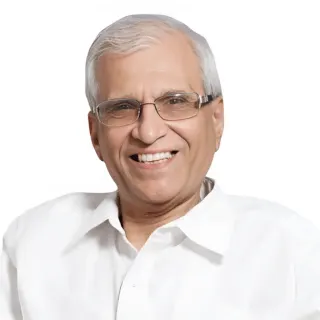
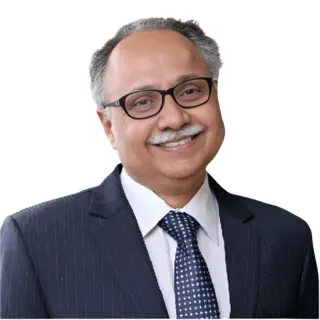
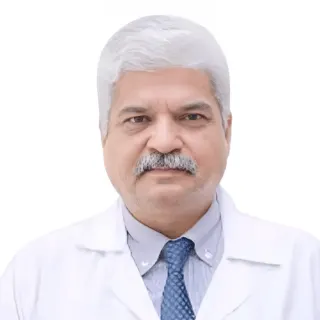
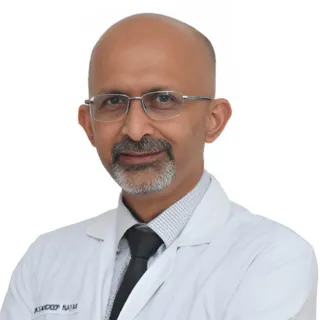
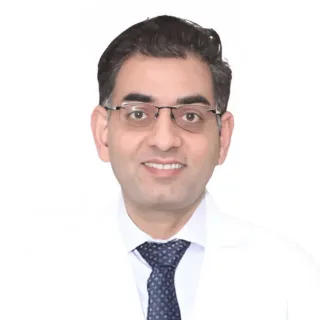
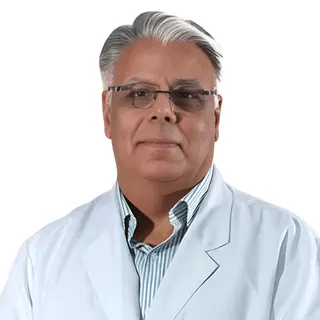
 10 December,2025
Read More
10 December,2025
Read More
 09 December,2025
Read More
09 December,2025
Read More
 05 December,2025
Read More
05 December,2025
Read More
 04 December,2025
Read More
04 December,2025
Read More
 27 November,2025
Read More
27 November,2025
Read More
 25 November,2025
Read More
25 November,2025
Read More